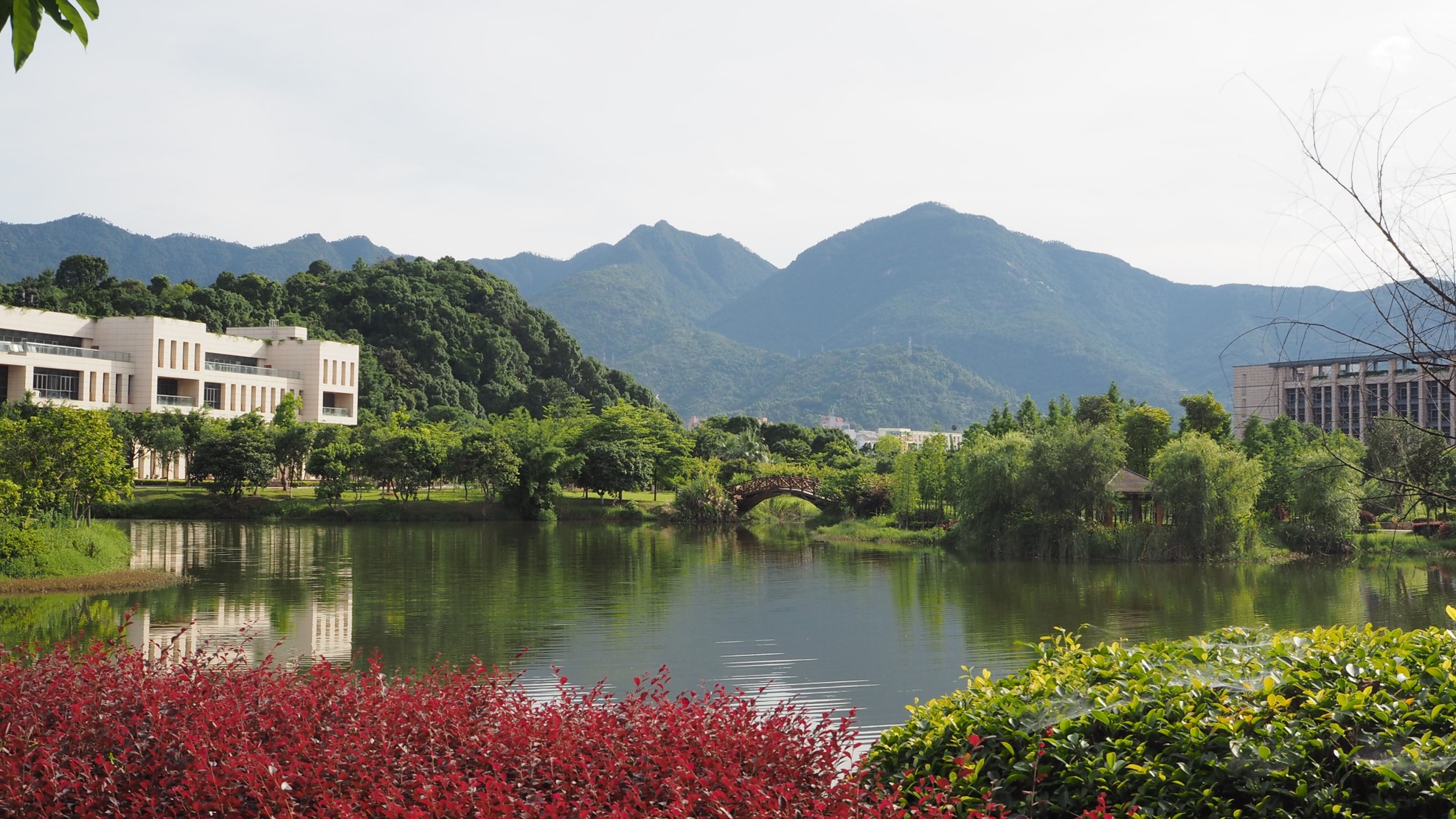
New Colombo Plan: Selected environmental issues and solutions in two coastal cities in Australia and China
This NCP project was a two and half week study tour to Fuzhou University located in Fuzhou, which is the capital city of Fujian Provence.
Mel, Holly, Robin including myself travelled with Professor Huade Guan to Fuzhou. We flew to Fuzhou via Hong Kong from Adelaide. We arrived late in the evening, feeling the effects of not a great deal of sleep.
Our accommodation for the tour was located on the Fuzhou University campus. Fuzhou University’s on campus accommodation were six story blocks with 15 rooms on each level. Each room had adequate facilities with nice furbishing’s and a bathroom including a wash basin outside.
Our initial week at Fuzhou was dedicated to introductions between Fuzhou University’s staff and students of their school of environment. We all gave presentations on our specific research project associated with the Urban Heat Island phenomenon in Adelaide. As a group we gave a presentation on South Australia, and Adelaide, talking about the history, location, layout, urban heat island effect, agriculture, events, and culture of Adelaide. Fuzhou University’s campus is so large, many students get around by riding electric powered scooters or by bicycles. Robin and I used a free bike service called ‘Ofo’ to get around some of the time, this was really fun and a great method of transport, however there are a lot of students around and you don’t need a helmet, plus it is busy on the roads so you have to be careful.
The Fuzhou University campus is laid out in circular shape, with the centre consisting of the library, and the surroundings of the university include different faculties. The universities surroundings are just beautiful with gardens, ponds, a wooden tea house, and nice paths.
We did however enjoy some sightseeing of Fuzhou and the surrounding mountains, including some activities away from the university. Some of the highlights in the first week was visiting the ‘historic old city’, which is a preserved tourist precinct located in the centre of Fuzhou. In the old city there was shops and markets, traditional Fuzhou food stalls, craft shops, and upmarket restaurants. One of the highlights of the old city tour was we were lucky enough to enjoy a traditional tea ceremony, where we tried some beautiful local Jasmine Tea.
Another great activity was travelling to a Mt. Qishan National Forest Park located in the western mountains of Fuzhou. This national park has some of the best waterfalls I have seen, including a cable expansion bridge over a valley giving a beautiful view of the park, and we could see the city as well.
In the second week we all were very fortunate to meet Professor Yang Lin, a Principal Senior Engineer at the Fujian Climate Centre. We learnt about the centre’s current research on climate change predictions of the Fujian Provence and China as well as urban heat island monitoring. They have a great deal of focus on Typhoon prediction, which is the most frequent natural disasters affecting Fuzhou. This was a great experience to discuss with Professor Yang Lin and his colleagues about the climate centre’s research. My favourite part of the trip was travelling to Taimu Mountain via high speed train. The trip only took two hours from Fuzhou and I had never been on a high speed train before. The tourist park had beautiful views, amazing rock formations, and spectacular caves. This Tourist Park really showed me the natural beauty of the Fujian province.
In summary, the cultural exchange to China was one I will not forget. It was truly an amazing destination to travel too. The country is so vibrant, with kind hearted people, amazing food, beautiful natural environments, and the culture is just incredible. Cannot wait to one day return to China, and highly recommend a journey there.
Hugh Verrall, Bachelor of Science (Honours) participated in the project “Comparison study of urban heat island in two coastal cities experiencing a rapid urban development” at Fuzhou University in China in July 2017. The project was funded by the New Colombo Plan.

